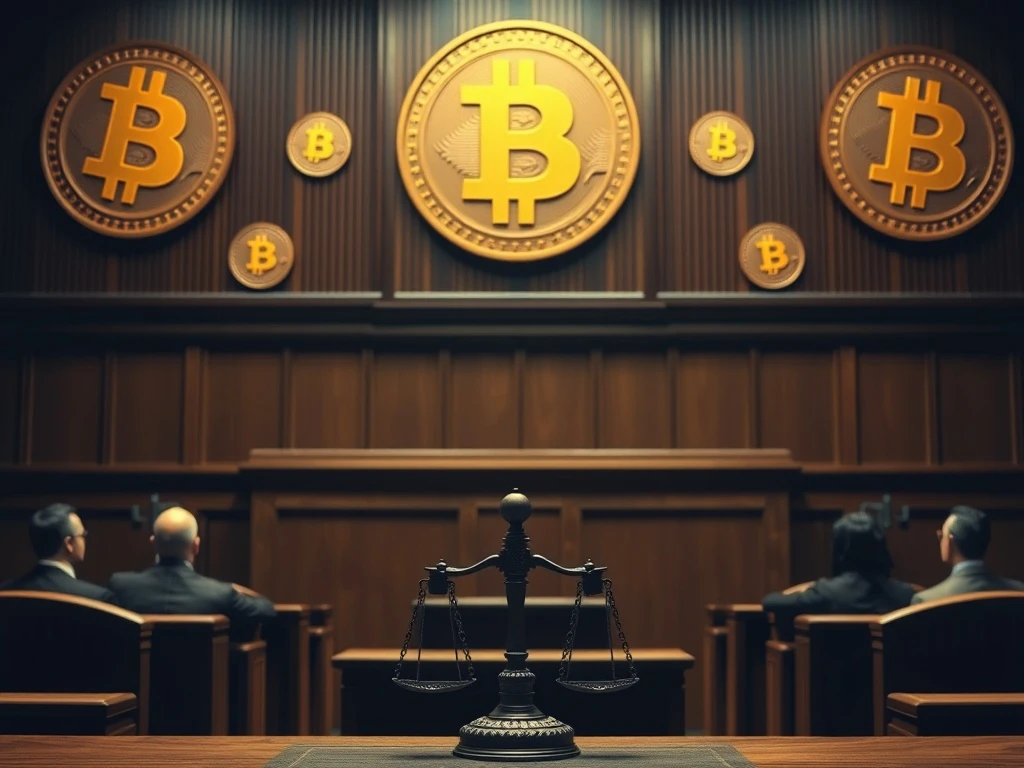Bitcoin News Today: Samourai Wallet Co-Founders Face Legal Reckoning Over Unlicensed Crypto Transactions

In a groundbreaking development for the cryptocurrency world, the co-founders of Samourai Wallet have pleaded guilty to operating an unlicensed money transmission business. This Bitcoin news story highlights the increasing regulatory pressure on privacy-focused crypto tools.
Samourai Wallet Case: A Turning Point for Bitcoin Privacy Tools
The U.S. Department of Justice has secured guilty pleas from Keonne Rodriguez and William Lonergan Hill, marking a significant moment in crypto regulation. The charges stem from their operation of a Bitcoin mixing service that allegedly facilitated:
- Over $2 billion in illegal transactions
- Money laundering exceeding $100 million
- Circumvention of AML/KYC requirements
Why Are Bitcoin Mixers Under Regulatory Scrutiny?
Bitcoin mixers like Samourai Wallet’s service work by:
- Pooling funds from multiple users
- Redistributing them to obscure transaction trails
- Making fund origins difficult to trace
The Broader Impact on Crypto Money Transmission Services
This case follows similar actions against:
| Service | Action Taken |
|---|---|
| Tornado Cash | Sanctions imposed |
| Blender.io | Shut down |
| Helix | Operator sentenced |
What Does This Mean for Crypto Privacy Tools?
The legal landscape suggests developers must now:
- Obtain proper money transmission licenses
- Implement AML/KYC procedures
- Consider decentralized alternatives
The November sentencing will send shockwaves through the cryptocurrency sector, potentially reshaping how privacy tools operate within regulatory frameworks. This case serves as a stark warning to both developers and users of unregulated financial privacy services.
Frequently Asked Questions
What is Samourai Wallet?
Samourai Wallet is a privacy-focused Bitcoin wallet that included mixing services to obscure transaction trails.
Why are Bitcoin mixers controversial?
While they offer legitimate privacy benefits, mixers are often used for money laundering and illegal transactions.
What penalties do the co-founders face?
While sentencing occurs in November, they could face substantial fines and prison time under money transmission laws.
How does this affect regular Bitcoin users?
Most standard Bitcoin transactions remain unaffected, but privacy-focused tools may become harder to access.
Are all privacy tools illegal?
No, but services operating as money transmitters must comply with financial regulations including AML/KYC requirements.









